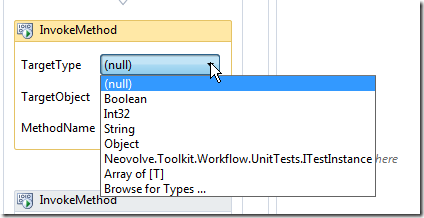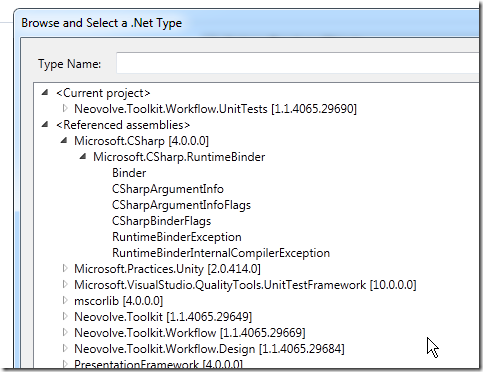Extract WCF identity into a WorkflowServiceHost activity
I came across an issue with the combination of WCF, WF, WIF and AppFabric in December that had me a little worried. The issue was how to get the identity of the user calling a WCF service inside a WorkflowServiceHost workflow when using WIF to manage security and AppFabric for WF persistence.
The WIF documentation says the following:
As a note, when WIF is enabled inside WCF, the WCF ServiceSecurityContext does not work for obtaining the caller’s identity and claims; the application code must use the IClaimsPrincipal to access the caller’s information. You can obtain the IClaimsPrincipal instance using Thread.CurrentPrincipal. This is available for every authentication type as soon as WIF is enabled for the WCF application.
I had been developing my service application using Thread.CurrentPrincipal based on this information. Everything was fine until I started using WF persistence. Unfortunately enabling persistence (via AppFabric) had the affect of wiping out Thread.CurrentPrincipal.


